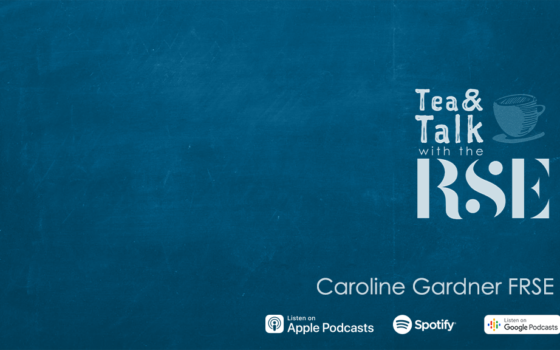A new report commissioned by the RSE’s Post-Covid Futures Commission and published in partnership with Support in Mind Scotland (SiMS), calls for decision-makers in Scotland to adopt a social prescribing approach to healthcare as a priority. The report states that non-medical approaches could alleviate pressure on the NHS and other public services in the wake of Covid-19, if community partners are adequately resourced to deliver tailored support across Scotland.
Social prescribing (also known as community referral) allows GPs, nurses and other healthcare workers to signpost patients to support outside of health services, through community organisations, local support groups and holistic hubs.
- Currently in Scotland, between 25% and 50% of GP appointments focus on non-medical issues, such as social isolation, financial struggles, and bereavement.
- One study in the report found that 78% of GPs reported prescribing antidepressants, despite believing that an alternative treatment would be more appropriate, but other approaches were either not available or had long waiting lists.
- A 2019 enquiry by the Scottish Parliament’s Health and Sport Committee found that social prescribing had considerable potential for preventing long-term conditions and dependence on pharmaceutical prescriptions. Despite this study, the approach has not been rolled out nationally due to barriers such as funding and awareness.
The report highlights the intense pressure on health services due to delayed medical procedures and appointments during Covid-19, as well as growing mental health issues fuelled by the pandemic, and urges leaders to invest in social prescribing.
Read the full report here.
Watch the companion video and hear from some of the report’s contributors below.




